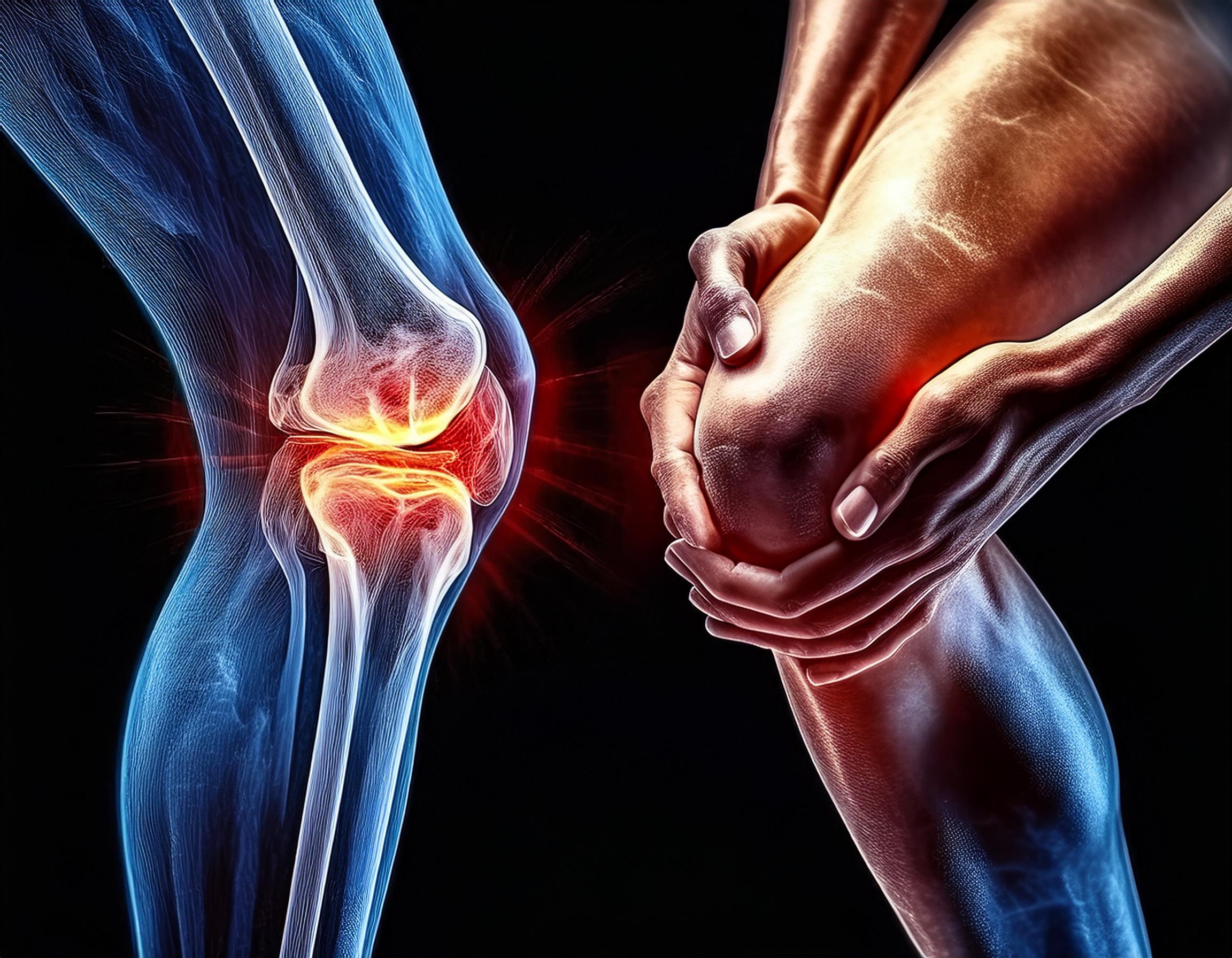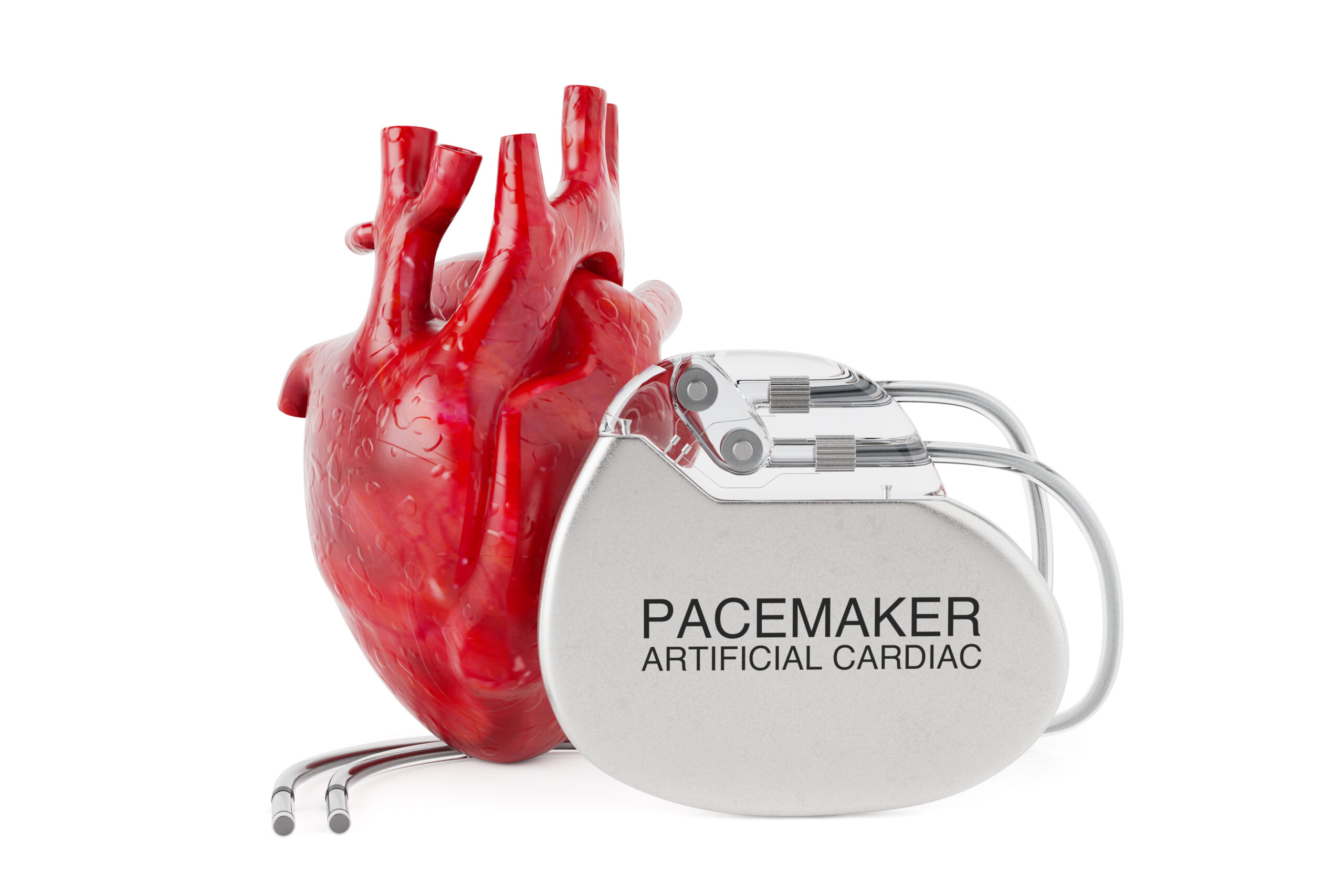Health and Medicine
Explore Health and Medicine

Dr. Erin Berthold | Plant-Based but Powerful: The Hidden Interactions Between Kratom and CBD
In recent years, natural products such as kratom, which derives from a Southeast Asian tree called Mitragyna speciosa, and cannabidiol (or CBD) which derives from the Cannabis plant, have gained significant popularity for their potential to relieve anxiety, manage pain, and enhance mood. While both substances are often praised by users for their plant-based origins, and are often considered safer than synthetic pharmaceuticals as a result, the scientific community is working to uncover the complexities behind how these compounds interact, not just with the human body but with each other. After all, plant-based compounds are still active, and have the same potential for benefit and harm as any drug. People who use kratom are also more likely to use CBD, meaning that they could potentially experience a drug interaction if both substances are ingested around the same time. A recent study by Dr. Erin Berthold and her colleagues at the University of Florida sheds new light on the pharmacokinetic interactions between kratom and CBD, revealing findings that are both fascinating and important for public health.

Dr. Ben Sorum | The Brain’s Hidden Switches: The Power of Ultrasound in Neural Modulation
We think of our brains as safe and secure within our skulls, and not easily influenced unless we consume a mind-altering substance, suffer a traumatic injury or undergo invasive brain surgery. However, recent research shows that our brain activity can be influenced non-invasively using nothing but sound and that this technique could have therapeutic potential. As a postdoctoral researcher at UC Berkeley, Dr. Ben Sorum began to think about these types of question while in the Lab of Dr. Stephen G. Brohawn. Now, Dr. Sorum’s current research at Cooper Medical School of Rowan University explores how ultrasound, which can be non-invasively administered from outside the brain and through the skull, can activate specialized proteins in brain cells, changing their activity. The technique, if further developed, may play a key role in the future of neuromodulation, a field with enormous potential for treating neurological disorders.

Dr. Christopher Marinangeli | The Power of Plants: Making the Most of Plant-Based Proteins
In recent years, plant-based diets have gained significant traction, not just among vegetarians and vegans but also among individuals looking to improve their health and reduce their environmental impact. Increasing public awareness of the role of animal food production in driving climate change, along with the potential health risks of consuming large amounts of animal foods has powered this phenomenon. However, one of the ongoing debates in nutrition revolves around protein, a crucial nutritional component, and the nutritional quality of various protein sources. Can plant-based protein sources provide sufficient, high-quality protein compared with animal-based protein sources in the context of a dietary pattern? The question relates to consumer awareness and education, as not all plant proteins are created equal, and replacing meat, diary, and other animal proteins with just one or two plant protein sources may not provide everything we need nutritionally. Rather, a mix of plant protein sources may be required as an adequate replacement for high quality animal protein. As consumers increasingly replace animal proteins with plant proteins, potentially without awareness of these issues, is the overall quality of the protein they are consuming decreasing? Dr. Christopher Marinangeli of Protein Industries Canada and his colleagues set out to answer this question in their research on the effects of increasing plant protein intake on protein quality and nutrient consumption among U.S. adults.

Dr. Beate Hoppe | Revealing the Secrets of Fish Health: Improving Research on Aging
The African turquoise killifish, also called Nothobranchius furzeri, is a small, vibrant freshwater species that is making a big splash in aging research. With our aging populations, research into aging and the mechanisms underlying age-related health issues is increasingly important. Scientists in this valuable field prize the killifish because it has a significantly short lifespan at just six to twelve months, making it an ideal model to study age-related diseases. However, as research on this species grows, so does the need for better care and monitoring of their health. In fact, distinguishing between the natural effects of aging and other health issues in these fish, such as pathogens or disease, is crucial in accurately researching age-related phenomena. Moreover, identifying health issues in laboratory fish could help researchers to better maintain health in their fish stocks, improving both experimental results and animal welfare. This is where Dr. Beate Hoppe and her colleagues at the Leibniz Institute on Aging at the Fritz Lipmann Institute, Jena, Germany, step in, pioneering a comprehensive approach to monitoring and managing killifish health that could revolutionize laboratory fish research.

Dr. Ndukaku Omelu | Sustaining Colorectal Cancer Screening in an Uncertain Funding Landscape
Colorectal cancer is a significant health challenge, and ranks as the second leading cause of cancer-related death and the third most common type of cancer in the United States, among men and women combined. Each year, over 52,000 people in the U.S. die from colorectal cancer, with more than 5,300 deaths occurring in California alone. While early detection of colorectal cancer through screening can significantly reduce both its incidence and mortality, ensuring that screening programs remain effective and sustainable is no small feat, particularly in the face of uncertain funding. This pressing issue is at the heart of recent research conducted by Dr. Ndukaku Omelu of the California Department of Public Health, and colleagues, who examined the sustainability of colorectal cancer screening strategies implemented through the California Colon Cancer Control Program (or C4P for short), with a particular focus on how these screening programs would fare in the absence of future C4P funding, a program funded by the Centers for Disease Control and Prevention (or CDC for short).

Dr. Marina Danalache | From Shield to Shreds: Enzymes and the Breakdown of Cartilage Cocoons in Osteoarthritis
Friction is no fun, and moving our joints freely and without pain requires that it is minimised as much as possible. Cartilage is the cushiony, slippery and translucent tissue that lines the ends of our long bones and acts as a lubricating layer within our joints to make their movements smooth and effortless, or at least that’s the theory. For millions of people, ease of joint movement is painfully disrupted by osteoarthritis, a condition that gradually and progressively erodes this protective and functional cartilage layer and leads to pain, stiffness, and reduced mobility. No fun at all. The work of Dr. Marina Danalache of the Department of Orthopedic Surgery at the University Hospital of Tübingen, Germany, and her colleagues sheds new light on how this cartilage breakdown begins and proceeds. Meet matrix metalloproteinase enzymes (or MMPs for short): master regulators of cartilage remodelling, balancing renewal and destruction. In osteoarthritis, this equilibrium shifts – the researchers are decoding their precise roles aiming to unlock targeted interventions and transformative therapies.

Professor William Heddle | Reducing the Hidden Risks of Life-Saving Heart Devices
Each year, thousands of Australians undergo a procedure to have a cardiac device implanted. These devices, such as pacemakers and defibrillators, help to regulate the heartbeat. Such cardiac implantable electronic devices (or CIEDs for short) are vital for many patients, ensuring that their hearts function properly and preventing life-threatening conditions. However, as Professor William Heddle of Flinders University, Adelaide, Australia, a leading expert in cardiology, points out in a recent Editorial article in the Medical Journal of Australia, these procedures are not without risks, particularly the risk of infection. Prof. Heddle’s Editorial primarily focuses on a recent study conducted in New South Wales, Australia, which sheds light on the factors that increase the risk of CIED-related infections and offers insights into how these risks can be minimized.

Dr. Robin Temmerman | Healthy Pets, Safer Humans: A Positive Step Forward for Veterinary Science
Antibiotic resistance may prove to be one of the most significant health challenges we will face this century. As bacteria continue to evolve resistance mechanisms to our arsenal of antibiotics, infections could become a more serious prospect, and medical procedures with a substantial infection risk, such as open surgery, could become unacceptably risky. While antibiotic resistance is often considered to be a human problem, it’s also a growing issue in veterinary medicine. Our pets can also develop infections that are difficult to treat when resistant bacteria are involved. Moreover, as we frequently share a living space with such animals, there is potential for crossover of resistant bacteria to humans. In a far-reaching study, Dr. Robin Temmerman and his colleagues of the executive animal health study center (or CEESA), which is a consortium of animal health companies, shed light on this issue, exploring antibiotic resistance in bacterial urinary tract infections in dogs and cats across Europe. Their findings provide hope and a roadmap for tackling this global problem.

Dr Patrick O’Neill | Revolutionising Pharmaceutical Synthesis with Continuous Flow Chemistry
Dr Patrick O’Neill of Pfizer, Ireland, and Professor Jie Wu of the National University of Singapore, and their team, have made groundbreaking advancements in the synthesis of 1,2,3-triazole – a key building block in the manufacture of a life-saving antibiotic. Replacing traditional batch processes, they developed a safer, more efficient method using continuous flow chemistry, which addresses potential global supply chain vulnerabilities. This innovative approach eliminates hazardous intermediates, improves reaction safety, and ensures a stable supply of 1,2,3-triazole for global pharmaceutical production.

Dr. Ivan Schewitz | Pectus Excavatum: Minimally Invasive Repair, The Nuss Procedure
For a long time, deformities of the chest wall, such as pectus excavatum, a condition where the chest appears to have sunken, remained untreated or were treated using crude and invasive techniques. However, thanks to innovations led by surgeons such as Prof. Donald Nuss of Eastern Virginia Medical School, these procedures have undergone a remarkable transformation. Such work has shifted the paradigm from radical surgery to minimally invasive solutions, changing lives and restoring confidence for countless patients. Now, a Review Article published in the African Journal of Thoracic and Critical Care Medicine, and co-authored by Prof. Donald Nuss and Dr. Ivan Schewitz of the Department of Cardiothoracic Surgery at the University of Pretoria, South Africa, charts the remarkable progress in treating pectus excavatum.

Dr. Mabrouka Abuhmida | From Shame to Support: Mental Health Stigma in Conservative Communities
In many regions around the globe, common mental health issues are cloaked in secrecy by those who experience them, and are frequently stigmatized and misunderstood by others. This is a particularly serious issue in conservative communities, where cultural and religious values have significant effects on the provision and use of appropriate mental health care resources. In a new mini-review article published in the journal Frontiers in Public Health, Dr. Mabrouka Abuhmida, Dr. Wendy Booth and Dr. Felix Anyanwu of the University of South Wales in the UK, have explored this critical topic, revealing the damaging impact of stigma in such communities, and exploring new solutions to enable adequate mental healthcare in this context.

Caroline Kingdon | From Stigma to Support: A New Approach to ME/CFS Treatment in the UK
Imagine living with an illness that can sap your energy levels so completely that even day-to-day tasks, such as doing laundry, walking the dog, or even getting out of bed can be insurmountable challenges. To make matters worse, this illness is not well understood either by the public or by medical staff, and is often dismissed and stigmatised, making it difficult to find understanding or treatment. This is the unfortunate lived experience of many people with myalgic encephalomyelitis/chronic fatigue syndrome (or ME/CFS for short). In a recent Communication article, researcher Caroline Kingdon of the London School of Hygiene and Tropical Medicine, and colleagues, discuss this misunderstood condition through the prism of the 2021 guideline for the treatment of those with ME/CFS, which have been published by the UK’s National Institute for Health and Care Excellence (or NICE for short). Their article aims to inform primary caregivers about the NICE guideline, and, happily, reveals that the new guideline prioritises an overdue shift toward compassionate and patient-focused care for ME/CFS.
Increase The Impact Of Your Research!
Explore partnership opportunities
Unwind without the hassle. Enjoy fresh audiobooks, delivered free!
